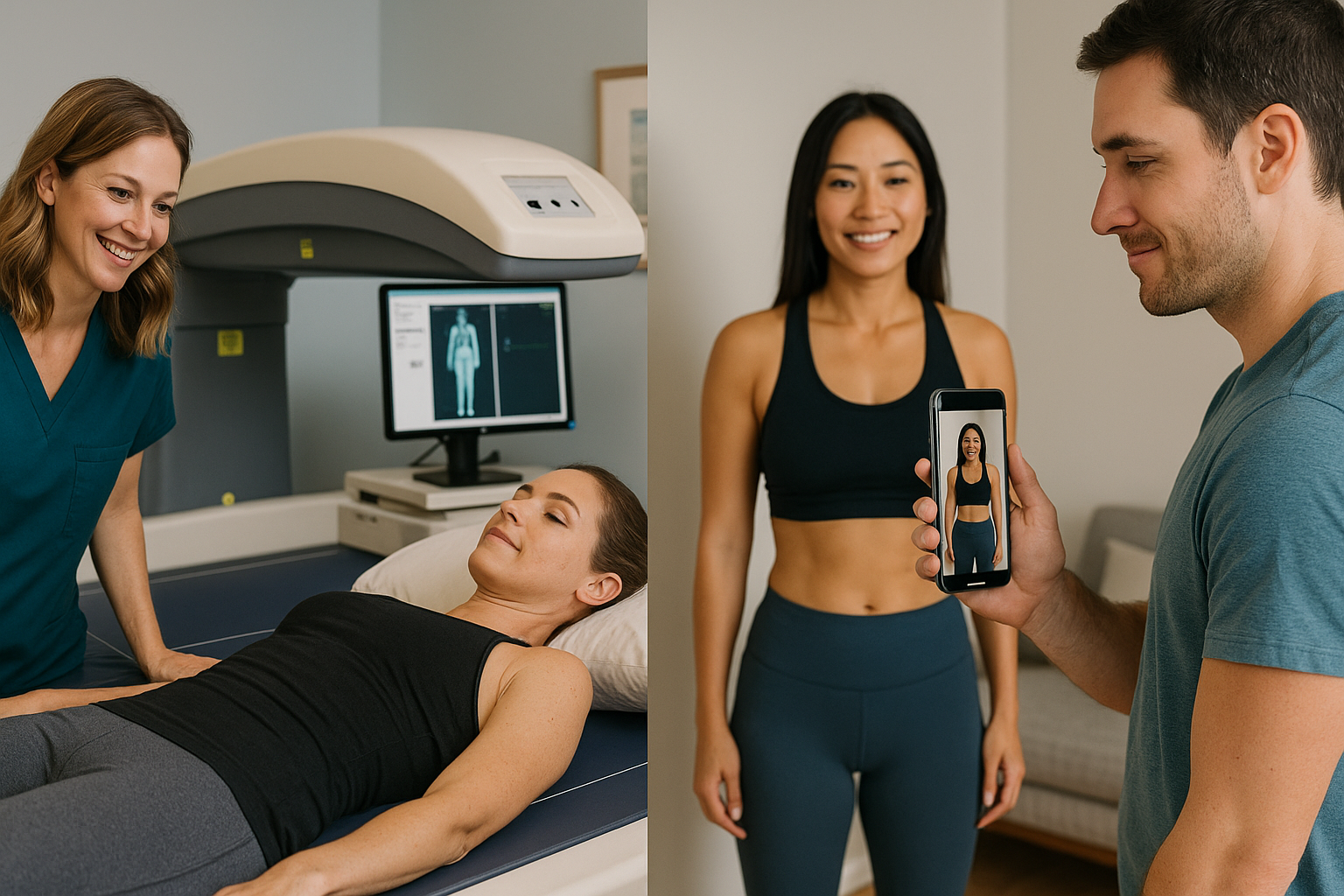Introduction
In the era of personalized medicine, artificial intelligence is revolutionizing how we approach nutrition. By analyzing individual biomarkers, AI can now predict optimal macronutrient needs with unprecedented precision, moving beyond one-size-fits-all dietary recommendations.
Understanding Biomarker-Based Nutrition
Biomarker-based nutrition represents a paradigm shift from traditional dietary guidelines to personalized nutritional strategies. This approach leverages multiple data points including:
- Genetic markers related to metabolism
- Blood biomarkers (glucose, insulin, lipids)
- Inflammatory markers
- Hormonal profiles
- Microbiome composition
AI Analysis of Biomarkers
Artificial intelligence processes these complex biomarker datasets to identify patterns and correlations that human analysis might miss. The AI algorithms can:
- Detect subtle metabolic patterns
- Predict individual responses to different macronutrient ratios
- Identify optimal timing for nutrient intake
- Monitor changes over time to adjust recommendations
Macronutrient Optimization
Based on biomarker analysis, AI can determine the optimal balance of:
Proteins
Individual protein needs vary significantly based on factors such as:
- Muscle mass and composition
- Activity level and type
- Age and hormonal status
- Recovery requirements
Carbohydrates
Carbohydrate tolerance and optimal intake depend on:
- Insulin sensitivity markers
- Glucose metabolism patterns
- Activity level and energy expenditure
- Genetic factors affecting carbohydrate metabolism
Fats
Fat requirements and types are influenced by:
- Lipid profile and cholesterol markers
- Inflammatory status
- Hormonal balance
- Genetic variations in fat metabolism
Genetic and Metabolic Factors
The integration of genetic data with biomarker analysis provides insights into:
- Individual variations in nutrient absorption
- Metabolic efficiency differences
- Predisposition to certain dietary responses
- Optimal timing for nutrient intake
Predicting Metabolic Responses
AI algorithms can predict how individuals will respond to different dietary approaches by analyzing:
- Historical biomarker trends
- Genetic predispositions
- Lifestyle factors
- Environmental influences
Implementation and Monitoring
Successful biomarker-based nutrition requires:
- Regular biomarker testing
- Continuous AI analysis and adjustment
- Integration with lifestyle factors
- Ongoing monitoring of health outcomes
Future Directions
As technology advances, we can expect:
- More sophisticated biomarker panels
- Real-time monitoring capabilities
- Integration with wearable devices
- Predictive modeling for long-term health outcomes
Conclusion
Biomarker-based nutrition powered by AI represents the future of personalized nutrition. By combining comprehensive biomarker analysis with advanced artificial intelligence, we can create truly individualized nutritional strategies that optimize health outcomes and support long-term wellness.


